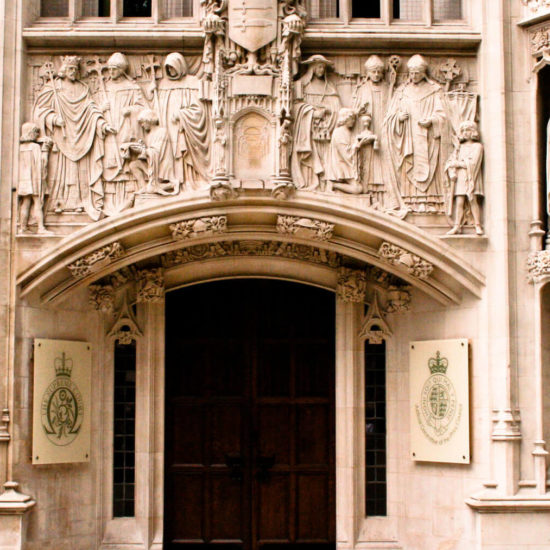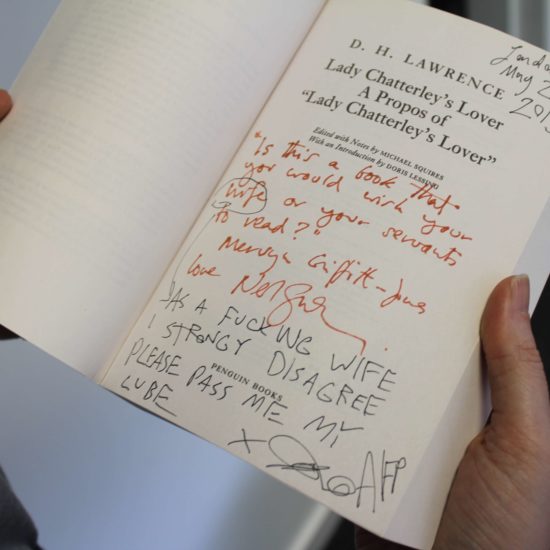Online Harms White Paper
The UK government has published its Online Harms White Paper, aiming to position the UK as leading regulation of social media. We recognise that there are serious issues that do need attention – such as protecting journalists and writers whose free speech can be chilled by online bullying – but much in the White Paper puts freedom of expression at risk.
The consultation aims to gather views on various aspects of the government’s plans for regulation and tackling online harms, including:
- the online services in scope of the regulatory framework;
- options for appointing an independent regulatory body to implement, oversee and enforce the new regulatory framework;
- the enforcement powers of an independent regulatory body;
- potential redress mechanisms for online users; and
- measures to ensure regulation is targeted and proportionate for industry.
In June 2019, English PEN joined our colleagues at Scottish PEN to respond to the government’s consultation. Our joint response expresses concern with the proposals, and urges the government to put free speech and human rights at the centre of any new system of regulation.
In common with other civil liberties groups, the response calls on the government to adopt a regulatory approach founded on the protection of internationally recognised human rights. This would include the right to physical safety and support with mental health, but also respect freedom of expression and digital privacy rights. This rights-based approach would also set an excellent example internationally.
The response also:
- Warns that confusing regulation in the UK may be copied by authoritarian regimes eager to shut down online dissent;
- Expresses concern over how a new regulatory system will impact on news publishers;
- Asks how regulation will affect the academic discussion of important issues such as global terrorism;
- Points out that the use of algorithms to bulk moderate content could unwittingly squeeze on free speech.
In a letter to the secretaries of state, Maureen Freely and Carl MacDougall write:
“The cultural sector is now worth £101.5 billion to the UK economy. Just as transport links and utilities are crucial to British industry, a wide space for freedom of expression is crucial ‘creative infrastructure.’ Often, great art and literature comes about through a radical approach: the breaking of taboos, the causing of controversy, and the pushing of boundaries. The creative sector cannot flourish, or benefit our society, by simply serving safe ‘mainstream’ interests. Diverse voices must be heard, and those working on niche and fringe interests must be supported. This cannot happen as an afterthought. Our creative industries will only succeed when freedom of expression is celebrated and encouraged everywhere. It must be at the heart of any new regulatory framework for online platforms.”
English PEN has also been working with other organisations concerned with freedom of expression, including ARTICLE 19, Big Brother Watch, Index on Censorship and Open Rights Group, to examine the proposals. Read more in our letter to the Guardian.

